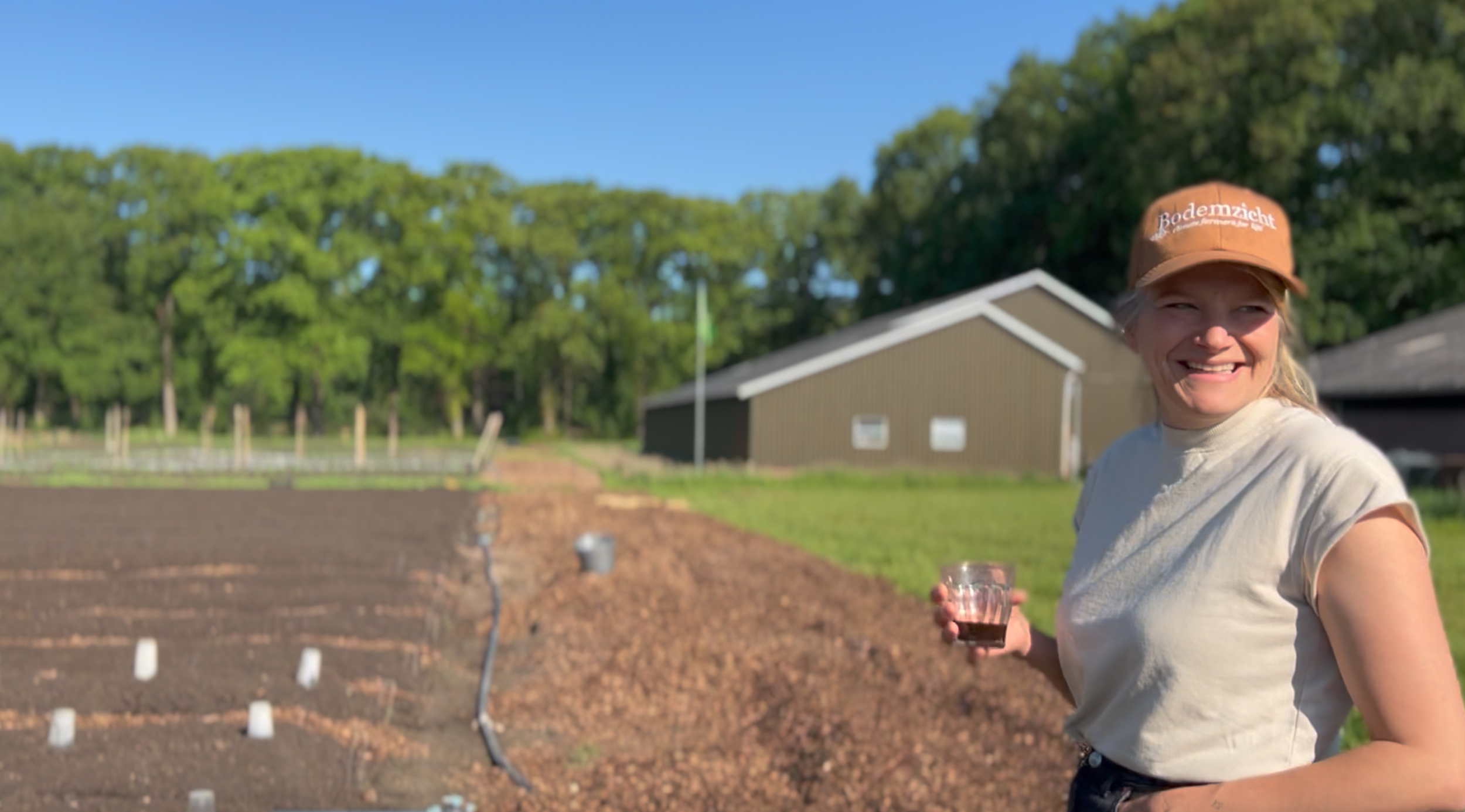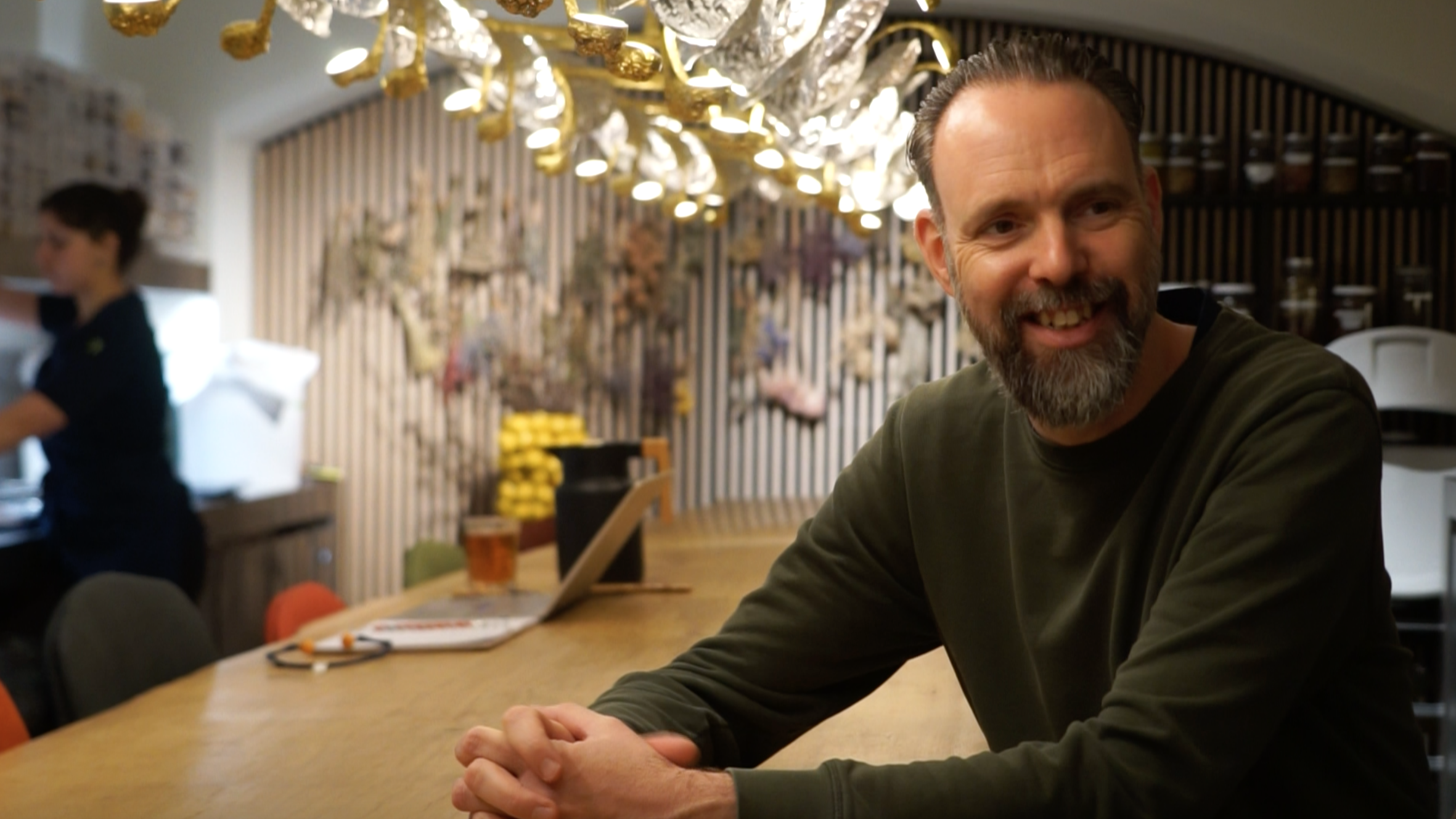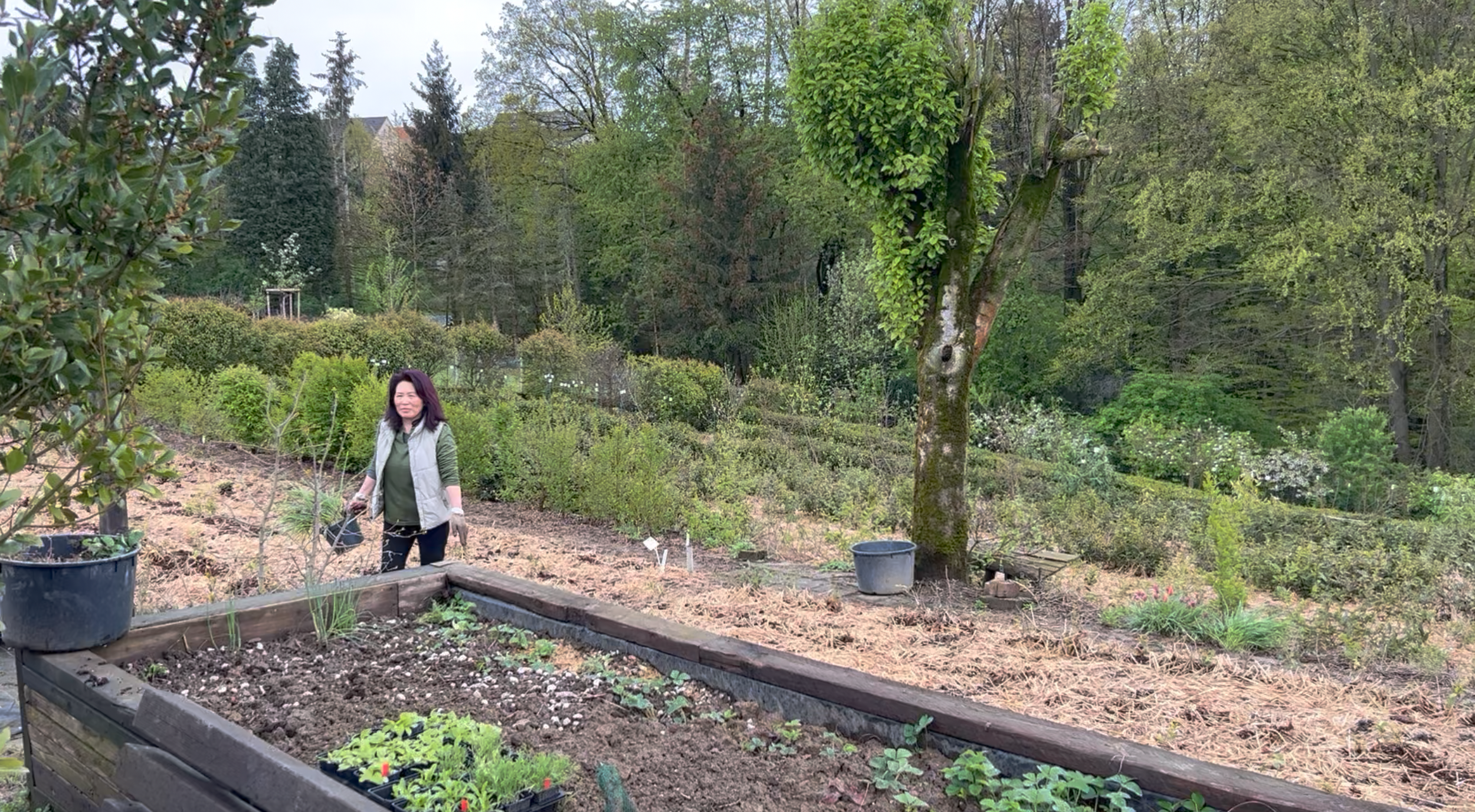FoodScapes
research, video book, residencies
Jessica J. Lee (Dispersals)
Food as a subject and a practice offers a medium to contemplate the question at our origins ‘how do we want to live as a multispecies collective’. It offers an approach to think our relations with the land and the diverse inhabitants of this living entity that sustains our lives. Food is a portal for world-making and living into more grounded multispecies imaginaries for planetary habitability and vibrancy. So how do we build connections and enact reciprocity with and within foodscapes?
Marente van der Valk (Jan van Eyck Academy Food Lab)
Often in infinitely-busy contemporary world(s), food becomes almost invisible, almost an obstacle standing between ourselves and all the things we want to do. Food as a life sustaining process, that shapes us and our worlds, becomes taken for granted. We rarely ask ourselves the questions of where does our food come from, how and where did it grow up, who took care of it, how did it travel to our plates, how will it affect our bodies, and what, in true accounting (including personal, environmental and social costs), is its value. We rarely ask for food transparency.
Wolfgang Bucher (Tschanara Teagarden)
So what if we follow the food journey from the land, down the road, into the markets, into the kitchens, onto the tables, into the bodies and imaginations, into the waste bin, and back to the land? Thinking about food transparency we are actually thinking about what really matters. Eating is an ecological and political act. Each time we take a meal, we act in the world, we support certain ways of being and doing things, we support certain systems of belief and production. That’s more or less 3 times a day, 21 times a week, 90 times a month, 1095 times a year, year after year. Food is a huge power.
Roos Burger-Langendijk (‘t Gagel Farm)
So what if we bring food back into the centre of our thinking? If food is a world-making practice, how do we strengthen regenerative food ecologies? What and who are included into those ecologies? How to lay the foundations for food sovereignty and what and who are included into the local? And how about food as poetry, friendship, memory, ceremony, energy, medicine?
Emile van der Staak (Restaurant de Nieuwe Winkel)
Food is a conversation — between people and other species, seasons and landscape. Food is a tribute to the passing of time and shifting cycles, to attention and listening, to regeneration and care. Food is a relationship: agricultural, economical, cultural, multispecies. It’s a relationship between arts, crafts and technology — meeting in all the tools we use when planting, harvesting, eating and interacting with ingredients. Food is connection — between those who grow, those who are being grown, those who receive, and those who dispose. It’s a connection between societies economically and culturally, between human generations spoken through stories and ancestral recipes, between those eating together, and last but not least, a connection to one’s own embodied experience within the holobiont living body.
Haeng ok (Tschanara Teagarden)
Food is an expression of multispecies creativity and Earth’s biodiversity. It’s a path towards renewal of local economies and conviviality of place-based communities. Within Foresta food has been an inherent part of our work (in collective formats of Woods in the City and Seasonal Academy). In this new exploration of FoodScapes we invite visionary food practitioners to engage into a collective practice of reflection around various aspects of human interactions with landscapes of food, as part Woods in the Sound, as well as more practically as part of our residencies series Thinking with a Garden.
Wenzhuo Liu (Liu Tea)
If you pursue similar inquiries in your work and feel drawn to engage into a conversation with us, or if you want to come for a food-related residency to the physical location of Foresta in Asturias, northern Spain, write us an email at flow.slow.grow @ gmail.com and we will be in touch as soon as we can. And otherwise, stay tuned!
Images: Foresta Collective (from the upcoming video-book Woods in the Sound), opening and closing image by Toms Lucans (from the collective students’ work at MAD summer school of design 2018)









